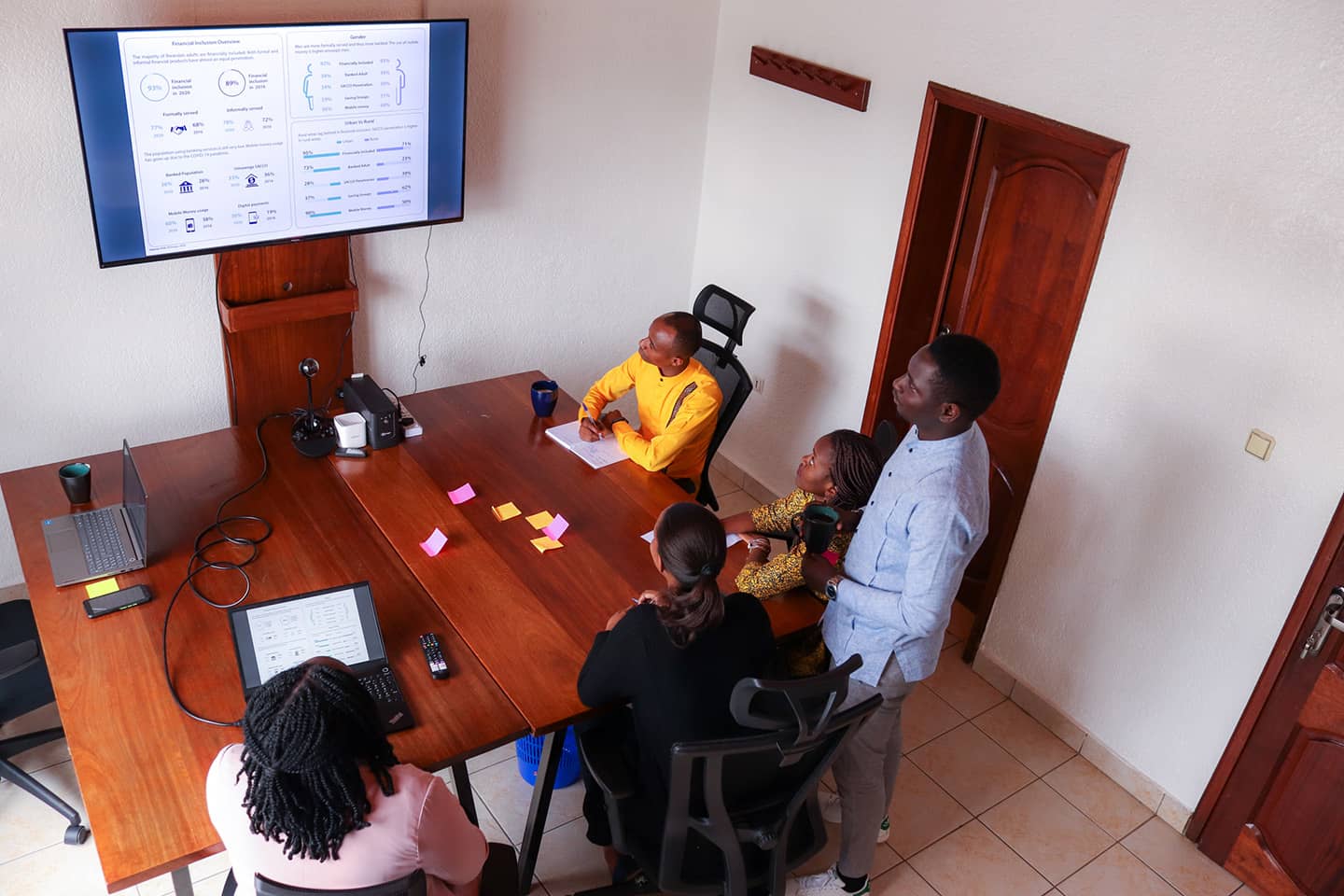

 The evolution of data research has moved toward the use of quantitative metrics and research methods for identifying and evaluating the impact of events or procedures process.
While quantitative research methods can be very important for answering certain research questions, there are important reasons for adopting qualitative or mixed methodology studies to gain a better understanding of complex phenomena. Vanguard Economics explores the use of observational studies and their potential use within our research division. Observational studies can provide answers to "what" phenomena occurred, particularly when people are involved in a process, along with gaining insights into "why" the phenomena occurred.
The evolution of data research has moved toward the use of quantitative metrics and research methods for identifying and evaluating the impact of events or procedures process.
While quantitative research methods can be very important for answering certain research questions, there are important reasons for adopting qualitative or mixed methodology studies to gain a better understanding of complex phenomena. Vanguard Economics explores the use of observational studies and their potential use within our research division. Observational studies can provide answers to "what" phenomena occurred, particularly when people are involved in a process, along with gaining insights into "why" the phenomena occurred. Designing a clear and compelling company strategy is only the first of many steps. To truly meet strategic targets, your plans must be understood, committed to, and implemented by your all stakeholders. Unfortunately, there is often a measurable gap between strategy design and implementation in too many organisations.
Designing a clear and compelling company strategy is only the first of many steps. To truly meet strategic targets, your plans must be understood, committed to, and implemented by your all stakeholders. Unfortunately, there is often a measurable gap between strategy design and implementation in too many organisations.



 Provides an overview of Monitoring Evaluation, and Learning (MEL) frameworks in the context of global development as well as in the private sector.
Monitoring, evaluation, and learning – also known as MEL – encompasses adaptable frameworks with processes, best practices, and tools that are strategically tailored for the uniqueness of organizations and sector-specific initiatives. Many government agencies, NGOs, and large multinational companies have in place robust and systemic MEL frameworks across their organizations and supply and values chains; others may use facets or components without calling it MEL explicitly.
At Vanguard Economics, MEL is one of our four stand-alone, yet integrative offerings that make up our continuously evolving Evidence For Transformation (E4T) service line. E4T also includes Data & Analytics, Knowledge Management, and Change Management, with each centering context-sensitive evidence and an array of systems and tools, to help organizations undertake rigorous analysis of efforts, make decisions, align outcomes to goals, improve programs, and drive change.
Provides an overview of Monitoring Evaluation, and Learning (MEL) frameworks in the context of global development as well as in the private sector.
Monitoring, evaluation, and learning – also known as MEL – encompasses adaptable frameworks with processes, best practices, and tools that are strategically tailored for the uniqueness of organizations and sector-specific initiatives. Many government agencies, NGOs, and large multinational companies have in place robust and systemic MEL frameworks across their organizations and supply and values chains; others may use facets or components without calling it MEL explicitly.
At Vanguard Economics, MEL is one of our four stand-alone, yet integrative offerings that make up our continuously evolving Evidence For Transformation (E4T) service line. E4T also includes Data & Analytics, Knowledge Management, and Change Management, with each centering context-sensitive evidence and an array of systems and tools, to help organizations undertake rigorous analysis of efforts, make decisions, align outcomes to goals, improve programs, and drive change.



Market research examines consumer behavior and trends in the economy to help a business develop and fine-tune its business idea and strategy. It helps a business understand its target market by gathering and analyzing data.
Market research is the process of evaluating the viability of a new service or product through research conducted directly with potential customers. It allows a company to define its target market and get opinions and other feedback from consumers about their interest in a product or service.
Market research usually consists of a combination of:
Market research is essential for developing brand loyalty and customer satisfaction. Since it is unlikely for a product to appeal equally to every consumer, a strong market research program can help identify the key demographics and market segments that are most likely to use a given product.
https://www.vanguardeconomics.com/market-research/